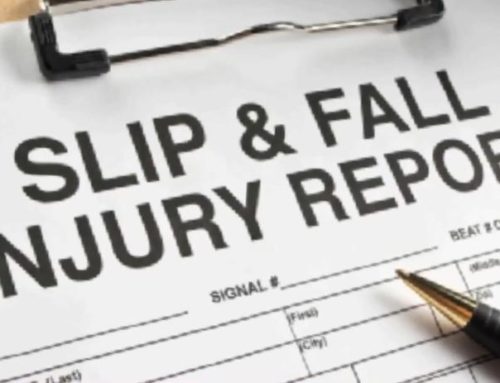Definition of Negligence
Noun
- Conduct that falls beneath the standard of behavior either generally expected in society, or established by law.
- The failure to exercise a degree of care or caution necessary to protect others from harm.
Elements of Negligence
There are a number of factors to consider in determining whether an individual or entity has acted negligently. The first element of negligence is whether the party’s acts or omissions lack the degree of care that would be taken by any reasonable person in the same situation. The second element of negligence is whether there was a predictable likelihood that the party’s conduct could result in harm. Following these considerations, there are additional elements of negligence required to prove a claim of negligence. If a plaintiff fails to prove any one of these elements, he loses the entire claim:
Duty
Generally speaking, all people have a duty to all others at all times to exercise reasonable care for their physical safety, as well as the safety of their property. This does have limitations, however. A common analogy is the homeowner who digs a deep hole in his fenced back yard and, because he knows the hole is there, does not put up a barrier or warning about the hole. If a guest then fell into the hole, the homeowner would be liable, as he has a duty to keep his guest safe from injury on his property. If a burglar jumped the fence at night and fell into the hole, the homeowner would not be held liable for his injuries, as he has no duty to protect this criminal from harm in the commission of his crime.
Gross Negligence
When negligent conduct is seen as extreme when compared to regular negligence, it is considered to be “gross negligence” in the eyes of the law. Gross negligence is the conscious, voluntary, reckless disregard for the safety or lives of other people. Grossly negligent conduct is so extreme that it appears to be an intentional violation of, or indifference to, the right of others to be safe.
While claims of regular negligence can sometimes be difficult to prove, gross negligence rises to the level of being clearly unreasonable or dangerous. Examples of grossly negligent acts may include:
- A driver speeding through a busy parking lot where pedestrians are walking hits a shopping cart, forcing it into a man, resulting in serious injuries
- A provider of home care fails to show up as scheduled, and giving food and water to his elderly patient only once in three days
- A nurse gives an injection without first checking the patient’s wrist band, giving it to the wrong patient, resulting in a severe allergic reaction
- A surgeon amputates the wrong leg of a patient
- A surgeon leaves an instrument in a patient
Negligence – Definition, Examples, Processes (legaldictionary.net)

